4 Japanese & Korean Dramas To Watch If You Miss "What Comes After Love"
With Lee Se Young and Sakaguchi Kentaro delivering Oscar-worthy performances, a heart-wrenching second-chance romance, beautiful cinematography, and a well-paced story, “What Comes After Love” is a drama that may be hard to replicate for some time. However, if you’re already feeling the withdrawal symptoms, here are two K-dramas, one J-drama, and one K-J-Drama to get you through the week.
“The Law Cafe” – Lee Se Young
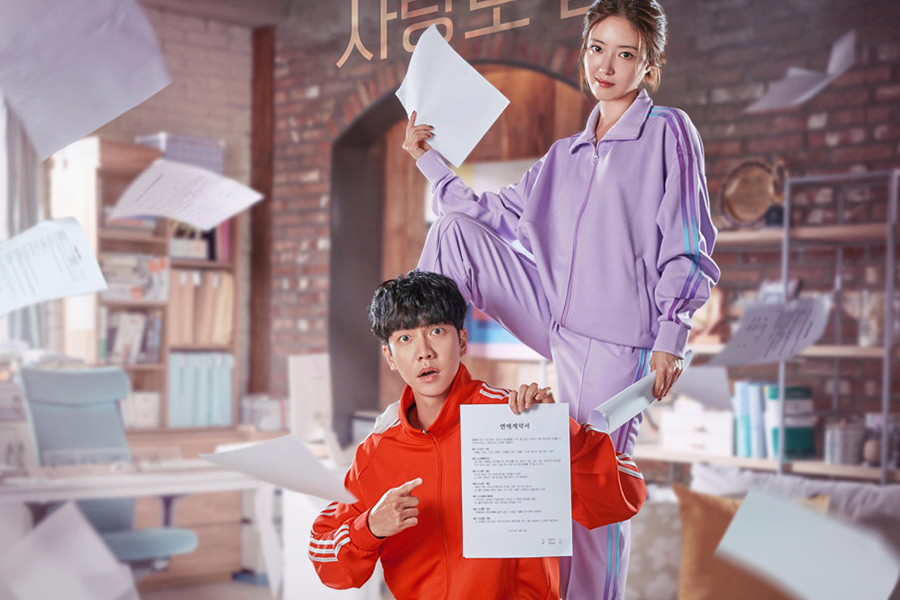
“The Law Cafe” is the perfect show if you’re missing Lee Se Young and craving a fluffier romance after the slow-burn melodrama of “What Comes After Love.” Based on the web novel “Love According to Law,” the story follows Yu Ri (played by Lee Se Young), a hot-tempered lawyer who cannot stand injustice. In her quest to fight against evil, she quits her job at a law firm and opens her own law cafe. But when she meets the landlord of her cafe’s location, she realizes he’s none other than Jung Ho (Lee Seung Gi), her high school friend, famously dubbed “The Monster Genius of the Prosecution.” This reunion rekindles their old friendship, which soon blossoms into love.
One thing that “What Comes After Love” showcased is Lee Se Young’s ability to express emotions through her eyes without needing to speak. “The Law Cafe” presents another side of her skillful acting with a fierce, headstrong character who’s the opposite of Hong, yet equally delightful to watch on screen. And the heart-fluttering romance is just the cherry on top.
“Only Just Married” – Sakaguchi Kentaro
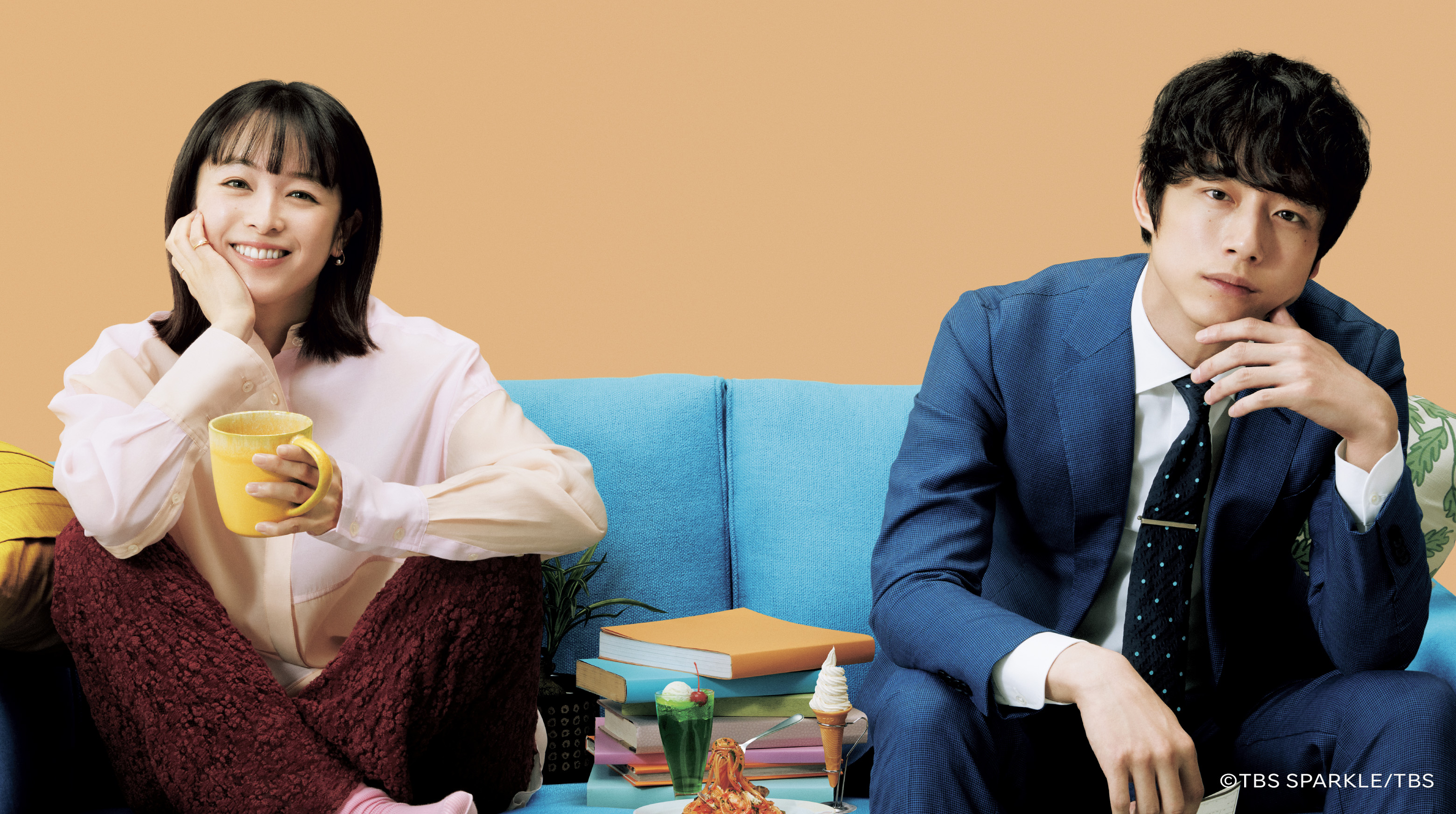
If you’re missing Sakaguchi Kentaro on screen, it’s time to watch “Only Just Married.” Originally titled “Konin Todoke ni Han wo Oshita dake desu ga,” this Japanese drama follows 27-year-old Ookado Akiha (Seino Nana), who had sworn to stay single for life, until she receives a proposal from 30-year-old Momose Shuu, played by Sakaguchi Kentaro. The twist? Shuu doesn’t love Akiha; he simply wants to be married for the social status. The question is, will this fake marriage turn into true love?
Though the fake marriage trope has been used hundreds of times in the past, “Only Just Married” feels refreshingly unique. In typical stories, the couple marries out of convenience and eventually falls in love but hesitates to admit it, with jealousy leading to a final confession. Here, however, Sakaguchi Kentaro’s character is atypical, exhibiting neurodivergent traits. His tendency to take things literally, lack of communication skills, and overly logical mindset make it hard for him to express love, often frustrating viewers. Yet his unique character makes for a more realistic and authentic portrayal, making audiences root for Momose Shuu.
“Our Beloved Summer” – second chance romance
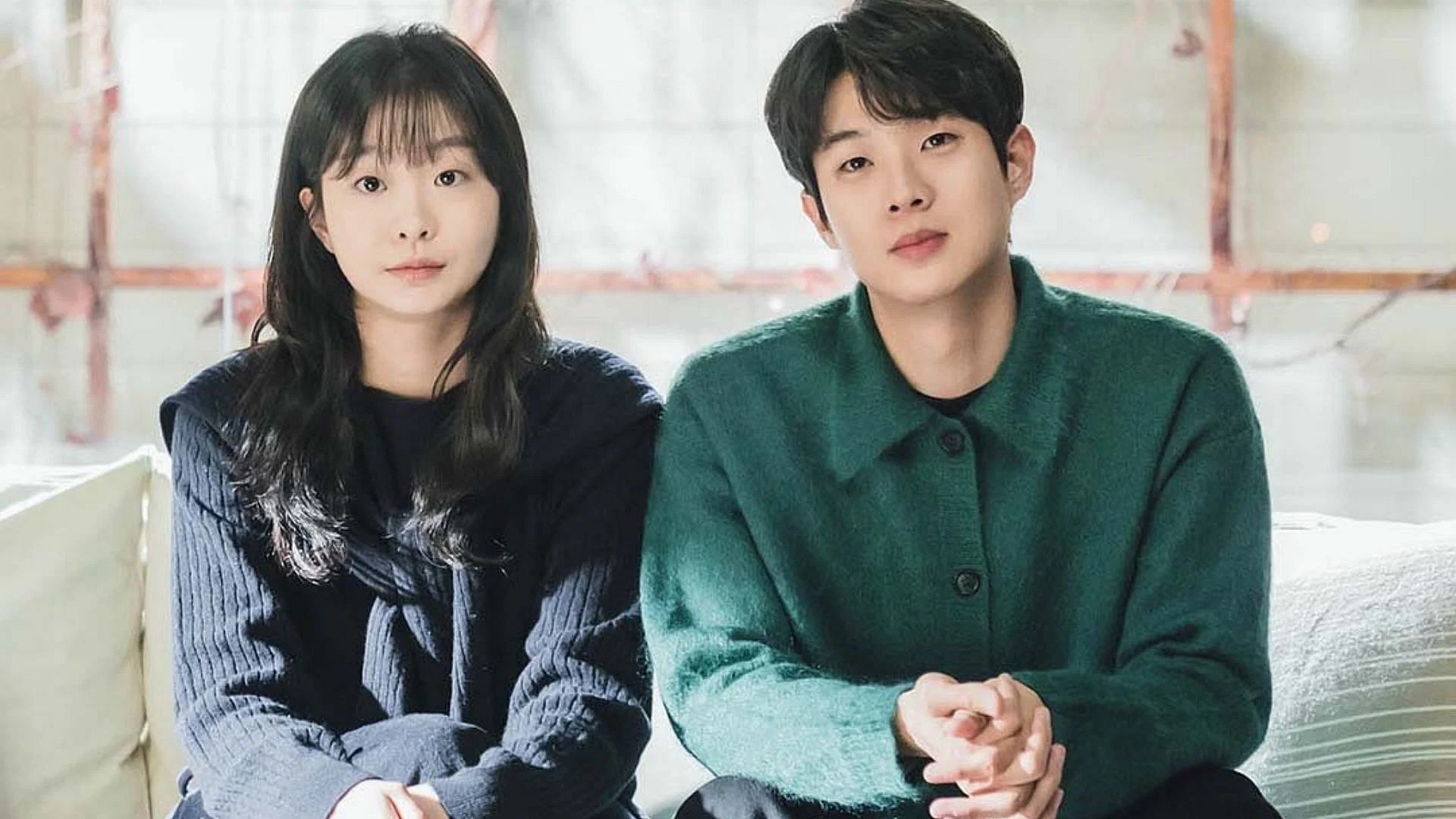
There’s a special beauty in second-chance romances — two people who were once deeply in love but broke up, yet can’t fully erase each other from their hearts. Years later, fate brings them back together, as if they were always meant to be. If you’re looking to dive into more second-chance romances, “Our Beloved Summer” is a must-watch.
Inspired by the webtoon of the same name, “Our Beloved Summer” follows Choi Woong and Gook Yeon Soo, who attended the same high school and were cast in a documentary showcasing their contrasting lives: Choi Woong (Choi Woo Shik), the lowest-ranked student, and Gook Yeon Soo (Kim Da Mi), the top-ranked student. During filming, they fall in love, but for unknown reasons, their relationship falls apart. Years later, they find themselves forced to work closely together once again, making the part two of the same documentary. Can they rekindle their lost love?
One of the reasons “What Comes After Love” became iconic was its lead actors’ ability to capture hearts through their expressive gazes. While “Our Beloved Summer” isn’t as melodramatic, Choi Woong and Gook Yeon Soo’s constant yearning for each other, masked by their failed attempts at acting indifferent towards each other, keeps this slow-paced drama captivating until the end.
“The Secret Message” – inter-country romance & beautiful cinematography
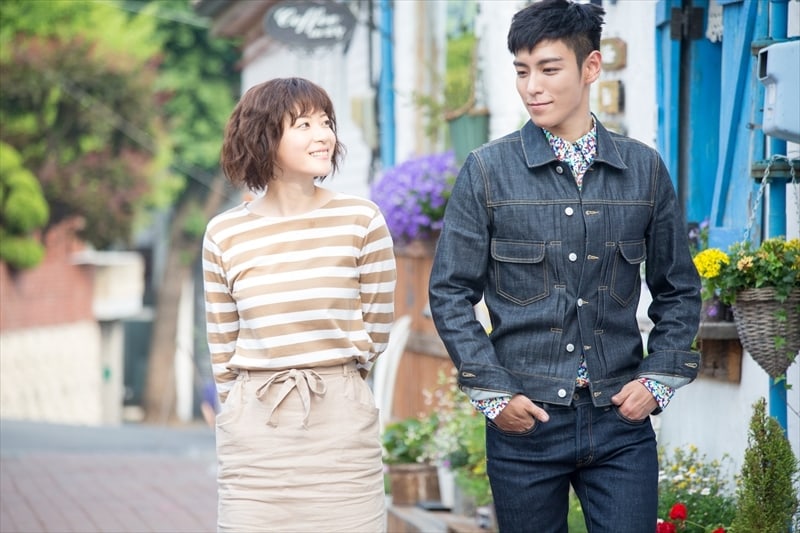
This story of this inter-country drama revolves around a Korean man, Woo Hyun (T.O.P), and a Japanese woman, Haruka (Ueno Juri), who, despite living completely different lives in separate countries, share the same pain from the scars left by their first loves. Haruka lives in Seoul and works as a stage actress, while Woo Hyun is in Tokyo, striving to make it as a film director. It all begins with a LINE message; before they realize it, they become more than just two strangers on the internet.
The cinematography of “What Comes After Love” took many viewers by surprise, as it deviates from the highly saturated and crisp look that’s typical of most K-dramas, instead leaning towards an indie Japanese style. “The Secret Message” is another K-drama that offers a similar vibe in terms of aesthetics and cinematography.
source: Soompi
Other Articles
-
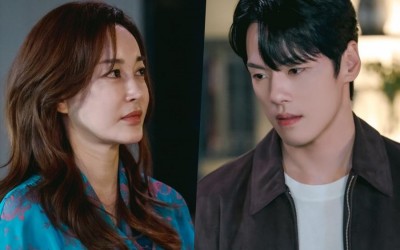
Kim Jung Hyun Discovers The Shocking Truth While Trying To Help Kim Hye Eun In "Iron Family"
-
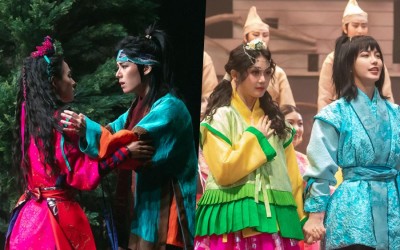
Jung Eun Chae, Kim Yoon Hye, Shin Ye Eun, And Woo Davi Put On A Captivating Show In "Jeongnyeon: The Star Is Born"
-
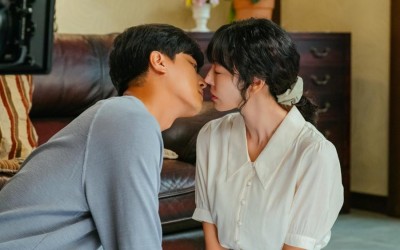
Yeon Woo Jin Leans In To Kiss Kim So Yeon On "A Virtuous Business"
-
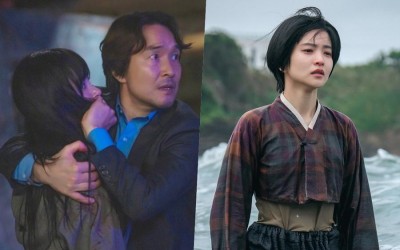
"Doubt" And "Jeongnyeon: The Star Is Born" Earn Their Highest Saturday Ratings Yet
-
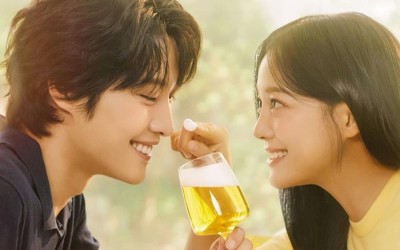
First Impressions: "Brewing Love" Is Frothy Fare With Barrels Of Fun, Emotions, And A Heady Romance
-
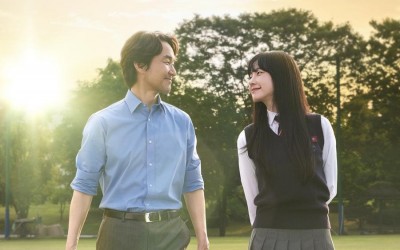
"Doubt" Extends Running Time Of Final Episode
-
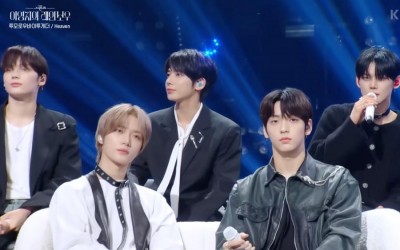
Watch: TXT Premieres Upcoming Cover Of Taylor Swift On "The Seasons: Rainbow Of Lee Young Ji"
-
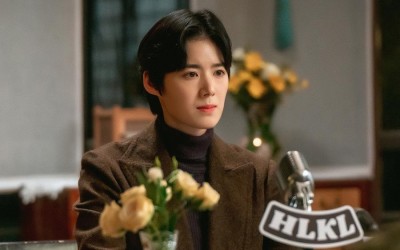
Jung Eun Chae Holds An Emergency Press Conference In "Jeongnyeon: The Star Is Born"
-
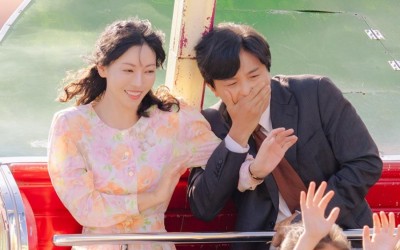
Kim So Yeon And Yeon Woo Jin's First Date Doesn't Go As Planned In "A Virtuous Business"
-
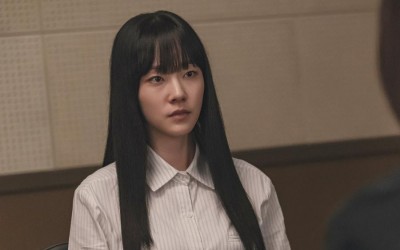
Chae Won Bin Shocks Police Station With Her Unexpected Secret In "Doubt"
-
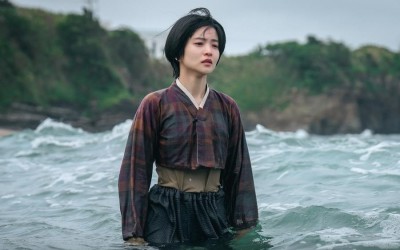
Kim Tae Ri Walks Into Stormy Sea In Despair On "Jeongnyeon: The Star Is Born"
-
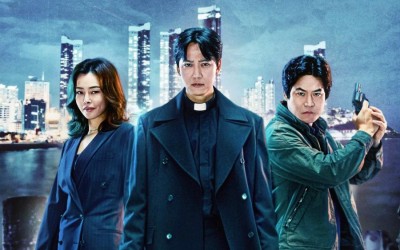
"The Fiery Priest 2" Premiere Is Most-Watched Show Of Friday
Genres
- Accident
- Action
- Adventure
- Alien
- Amnesia
- Ancient legend
- Animals
- Animation
- Arthouse
- Artificial Intelligence
- Award Winning
- Based on a Comic
- Based on True Story
- Betrayal
- Biography
- BL
- Bodyguard
- Bromance
- Business
- Chambara
- Childhood
- Christmas
- Cohabitation
- Cold Man
- Coma
- Comedy
- Concert
- Conglomerate
- Conspiracy
- Contract Relationship
- Corruption
- Crime
- Criminal
- Curse
- Dance
- Deity
- Demon
- Detective
- Disability
- Disaster
- Documentary
- Drama
- Eastern
- Educational
- Entertainment
- Environment
- Erotica
- Espionage
- Exorcism
- Exploitation
- Fairy
- Family
- Fantasy
- Fashion
- Feminism
- Food
- Foreign
- Friendship
- Game Developer
- Gangster
- Geishas
- Gore
- Goryeo Dynasty
- Grudge
- Gumiho
- Harem
- Hidden Identity
- Historical
- Horror
- Hostage
- Human
- Hypnotism
- Idol Drama
- Indie
- Instructional
- Investigation
- Jidai Geki
- Josei
- Kidnapping
- Kung Fu
- Law
- legal
- Lesbian
- LGBTQ+
- life
- Love Triangle
- Mafia
- Magic
- Manga
- Manhua
- Martial Arts
- Mature
- Medical
- melodrama
- Mermaid
- Military
- Miniseries
- Misunderstanding
- Monster
- Murder
- Music
- Musical
- Mystery
- Mythology
- Nature
- Neighbours
- Noir
- Novel
- Omnibus
- One shot
- Parody
- Phobia
- Poison
- police
- political
- Power Struggle
- Prison
- Professional
- Programmer
- psychiatry
- Psychological
- Reality
- Reality Show
- Reality TV
- Rebellion
- Religion
- Remake
- Republic
- Resurrection
- Revenge
- Rich Man
- Robot
- Romance
- RPG
- Rural
- Samurai
- Scholar
- School
- Sci-fi
- Seinen
- Serial Killer
- Short
- Sismance
- Sitcom
- Slapstick
- Slice of Life
- Society
- Soulmates
- Sports
- Supernatural
- Survival
- Suspense
- Swordsman
- Taiga drama
- Teamwork
- Tearjerker
- Teen
- Terrorist
- Thief
- Thriller
- Time Travel
- Tokusatsu
- Tomboy
- Tragedy
- Tragic Past
- Transmigration
- Trauma
- Treason
- Triad
- Underworld
- Unrequited Love
- urban drama
- Vampire
- Variety
- Variety show
- War
- Warrior
- Web Series
- Webtoon
- Werewolf
- Western
- Witch
- Workplace
- Wuxia
- Yakuza
- Yaoi
- Youth
- Yuri
- Zombie

